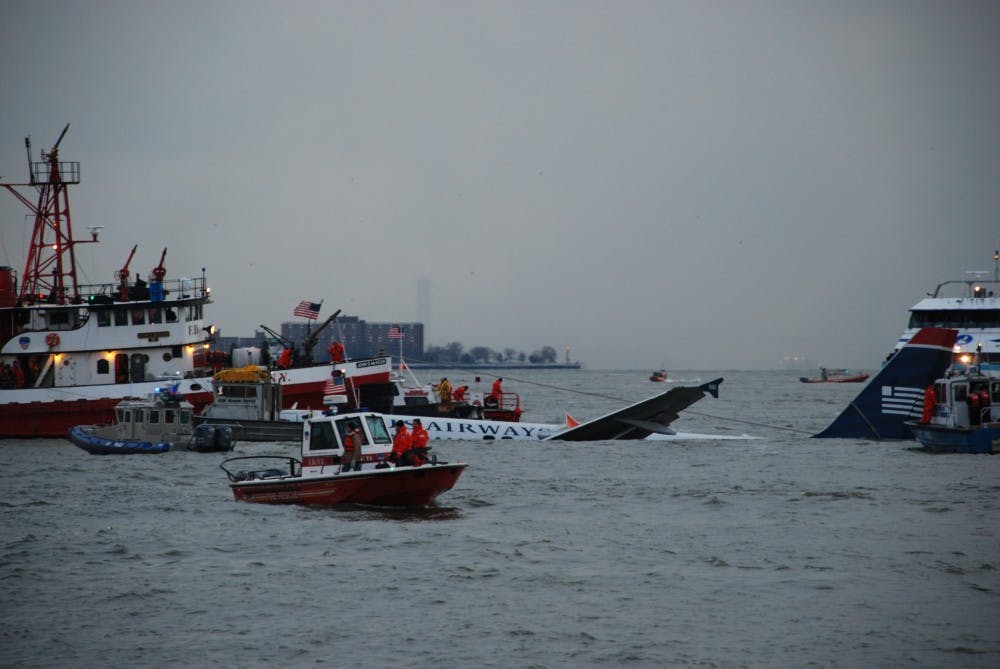Trailers can often be misleading. Usually when we see a trailer for a movie or television show, it is edited in a way to give off a certain expectation of how the finished product will play out.
However, sometimes the finished product will play out completely different than the trailer foreshadowed, and this can either be a bad thing, or very rarely, a great thing.
“Sully,” the latest drama directed by Clint Eastwood, starring the awesome Tom Hanks, is an example of a film being different from its trailer and being an exceptional turnout. When people saw that trailer, everyone thought “Sully” would only be about US Airways Flight 1549 landing in the Hudson River, but many wondered how that would fill a feature-length presentation.
The film adaptation of that true story made the brilliant move of making it not so much about the plane landing, but more about the aftermath and consequences.
“Sully” is a film about dealing with the unexpected and trying to explain a miracle as fact. The major conflict is Captain Chelsey Sullenberger, played by Tom Hanks, and First Officer Jeffrey Skiles, played by Aaron Eckhart, trying to prove to the National Transportation Safety Board (NTSB) why they chose to land in the Hudson River when computer simulations proved they could land safely at the Teterboro Airport in New Jersey. Sullenberger had his reasons, but I cannot spoil them.
It would have been easy for Eastwood to try to tell this story with action, waves of crashing water, explosions, and make it a pandering, unrealistic popcorn flick, leaving the audience to return home not learning anything. But Eastwood made the bold choice of making the film about the characters and the aftermath.
The plane landing, which amounts to 24 minutes in real life, is one nugget of compelling visuals justified by the engaging drama that takes place before and after. The more important moments are how the 155 passengers on board, the rescue teams, Sullenberger and Skiles and the friends and families of those involved came together in this moment of history.
“Sully” excels because of the extensive human elements told through brilliant performances and sharp dialogue. It is not a vapid Roland Emmerich movie where boring action is in place for lack of a story. “Sully” proves once again that all the computers in the world cannot simulate the one thing a movie needs: an emotional connection with the audience.


The Slate welcomes thoughtful discussion on all of our stories, but please keep comments civil and on-topic. Read our full guidelines here.